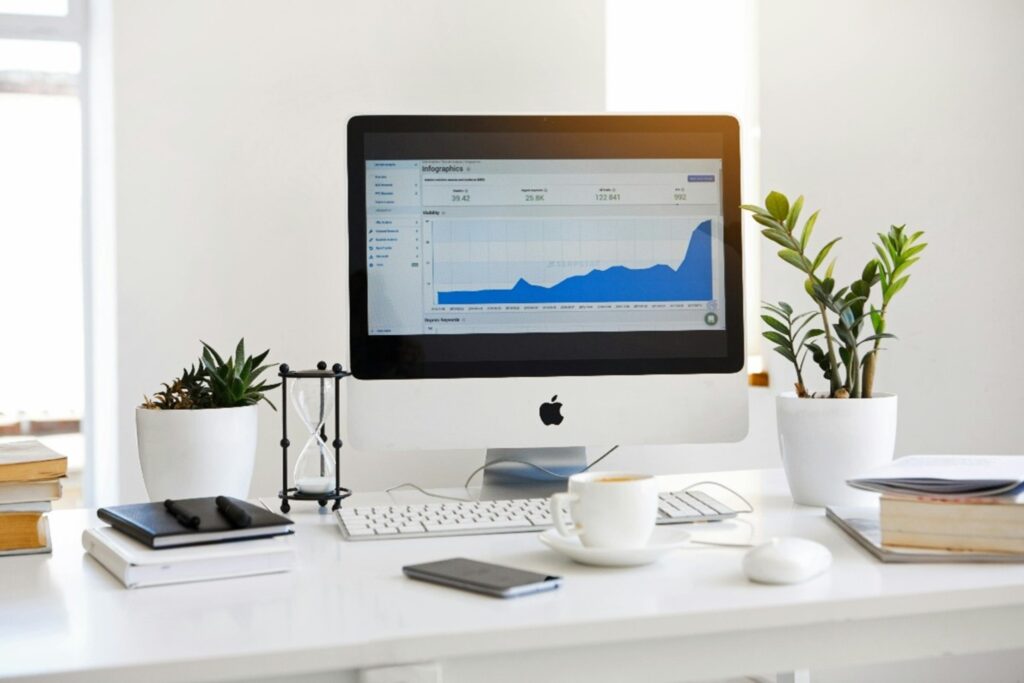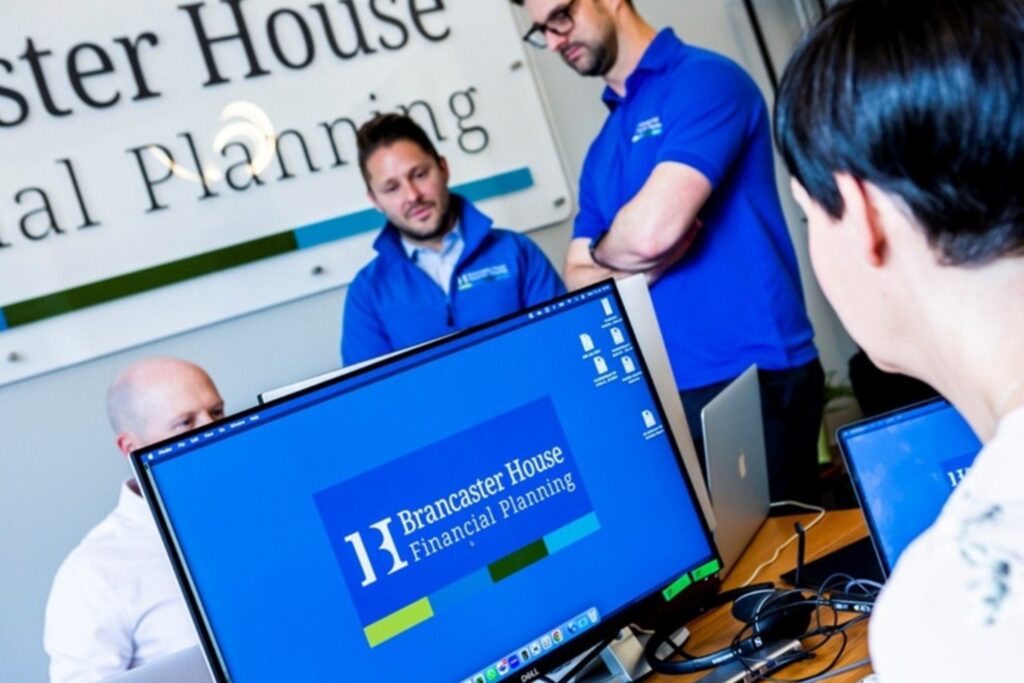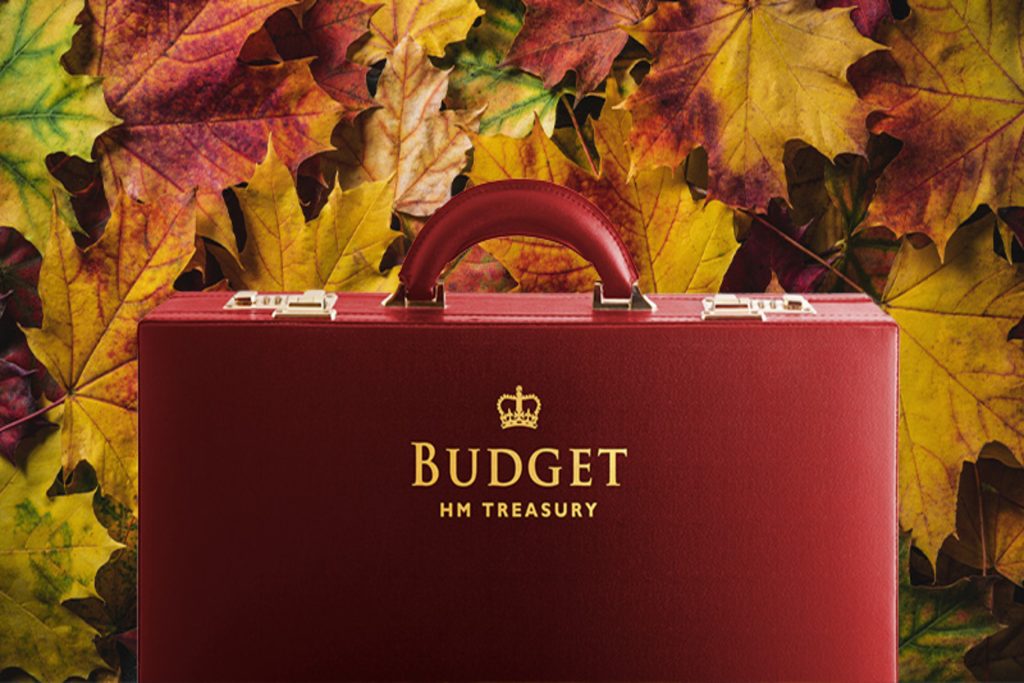
When Do You Have to Register For VAT?
VAT (or value-added tax) is a tax imposed on most goods and services in the UK. There are three rates of VAT; standard, reduced and zero-rated. The differences between these rates and their impact on VAT returns are as follows:
- Standard rate – Currently 20%
- Reduced – Currently 5%
- Zero Rated – 0%, of course
Goods and services in the UK may fall into one of these 3 different rates depending on the product/service being sold. Books, for example, are zero-rated; electronics, on the other hand, have a standard rate VAT attributed to them.
Some goods and services are VAT-exempt, meaning they are not subject to VAT at all. VAT-exempt goods include items such as insurance, financial services, and certain medical supplies.
Businesses can reclaim VAT on their purchases, which can significantly benefit them by offsetting the VAT they charge on their goods and services.
Should I consider voluntary VAT registration?
You must register for VAT with HM Revenue and Customs (HMRC) and obtain a VAT registration number if your business’s VAT taxable turnover is more than £85,000 in a rolling 12-month period. VAT taxable turnover is everything you sell that isn’t exempt from VAT. This is known as compulsory VAT registration. You can register voluntarily if it’s below this unless everything you sell is exempt.
The VAT threshold is the point at which a business is obligated to register for VAT based on its taxable turnover. Understanding this threshold is crucial for compliance and planning.
You must register for VAT within 30 days of the month end in which you breached the threshold. Another point to add is that if you expect to breach the threshold in the next 30 days alone, you must register at the start of the 30 days. If you register late, you must pay what you owe from when you should have registered.
If you are registered, you are essentially a volunteer tax collector for HMRC. You add the appropriate VAT rate onto all the goods/services you’re selling. This extra money isn’t yours to keep though, you’re collecting it on behalf of HMRC. Right now you are probably thinking “Why on earth would I consider raising my prices when I won’t benefit from the price rise?” Well, being VAT registered comes with many perks that may — or may not — outweigh the undeniable drawback of having to raise your prices. Additionally, you can claim VAT back on eligible purchases, which can offset some of the costs.
Some of the benefits of becoming VAT registered are listed below:
- You can claim back the VAT on your business expenses relating to your business activities.
- There are potential savings to be made by being VAT registered (Flat Rate scheme only).
- If your clients are large companies who are themselves VAT registered, registering could be of great benefit to you. They will be used to seeing prices inclusive of VAT and will be able to reclaim the VAT you charge, making you more appealing than a company who is not VAT registered.
- It may make you more credible in the eyes of your clients, in the same way that having a limited company makes you appear more ‘professional’.
- Voluntary VAT registration can offer significant advantages, such as improved business credibility and the ability to reclaim VAT on purchases.
Is becoming VAT registered for me?
This really depends on your business but generally, if your business sells mainly to non-VAT registered businesses/people; it probably isn’t going to be of much benefit to you if you register. If however, you do sell mainly to VAT registered businesses, then it is worth considering. VAT registration affects customers VAT as it obligates businesses to charge VAT on goods and services, and allows them to reclaim VAT incurred on their purchases.
Voluntary registration can offer significant advantages, such as improved business credibility and the ability to reclaim VAT on purchases.
Additionally, businesses need to consider how they will pay VAT. There are different schemes such as the Flat Rate Scheme, Cash Accounting Scheme, and Annual Accounting Scheme, each with its own thresholds and considerations based on turnover and business activities.
Remember if your turnover exceeds the VAT registration threshold, you must register for VAT or risk facing heavy fines imposed by HMRC.
If you wish to discuss this further, you can contact our specialist VAT team and benefit from a free consultation to evaluate your business position: vat@astonshaw.co.uk or telephone 01603 616300. It is important to submit your VAT return on time to avoid penalties.



